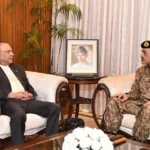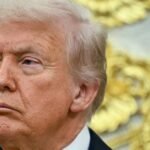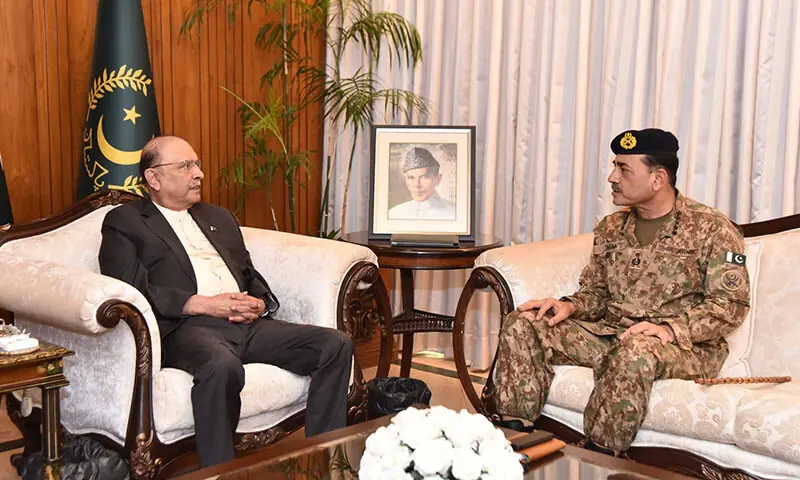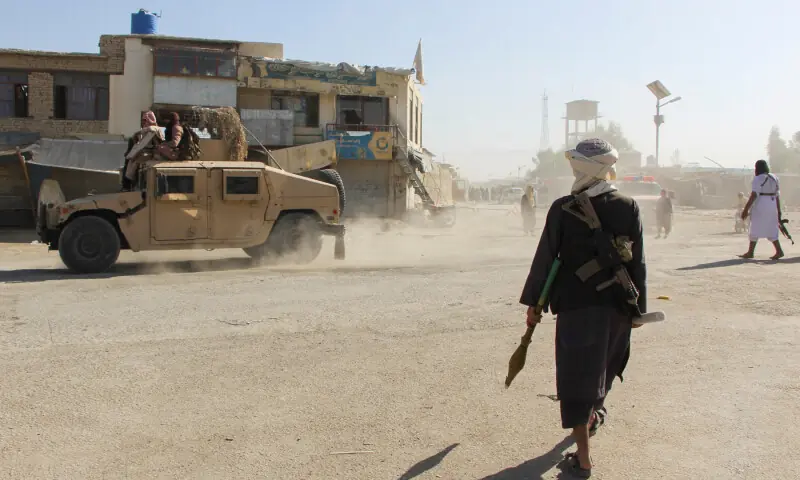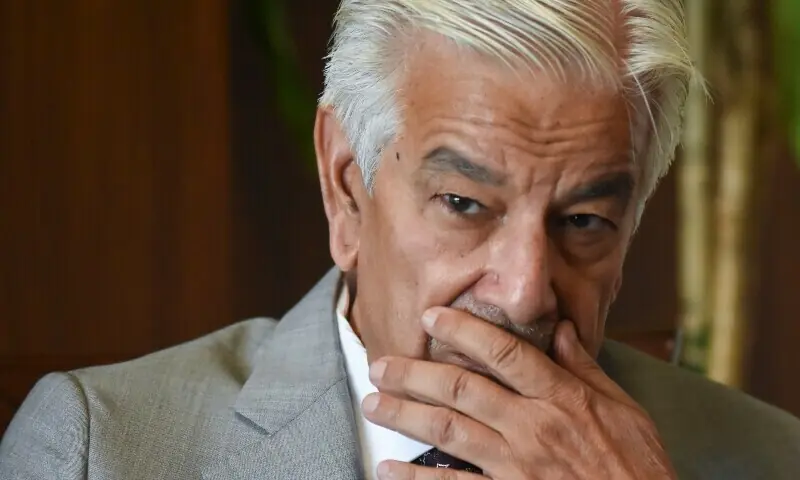• Khawaja Asif first suggests that nuclear capabilities can extend to Ksa; Later he retracts, he says that nuclear weapons ‘are not in the radar’
• FO adopts a cautious approach; ‘CITES EVOLUTION DOCTRINE’ but does not offer details
• Dar suggests other states also interested in defense agreements
Islamabad: The contradictory statements of Defense Minister Khawaja Asif on the new Pakistan Defense Agreement with Saudi Arabia have intensified the speculation about the nuclear dimension of the pact.
During an appearance in a television interview program on Thursday night, Asif had suggested that Pakistan’s nuclear capabilities could be available to Riad under the new frame.
“What we have and the capabilities we have will be available for (Saudi Arabia) according to this agreement,” he said, emphasizing that Pakistan has always acted as a responsible nuclear state.
The comments were interpreted as the first explicit sign that Pakistan could extend his nuclear deterrence to the kingdom, particularly because Mr. Asif was present at the signature ceremony in Riad.
However, in a later interview with ReutersThe minister denied that nuclear weapons were part of the agreement, saying that “they were not on the radar.”
In the midst of confusion, the Ministry of Foreign Affairs on Friday seemed to choose the “strategic silence”, adopting a cautious approach.
In the weekly informative session of the media, the spokesman of the Ministry of Foreign Affairs, Shafqat Ali Khan, avoided the repeated questions about whether the PACT alters the long -standing policy of Pakistan to maintain its nuclear dissuasion focused on India, and not extend it to another country.
He asked twice if that position had changed, Mr. Khan only referred to an evolving doctrine. “The doctrine has evolved and continues to do so,” he said. “I am not here to comment on the specificity of the doctrine, but our position is well known.”
Pakistan has constantly declared that its nuclear program is intended to deter Solo.
In December, the Ministry of Foreign Affairs said: “Pakistan has made it clear that our strategic program and allied capabilities are only destined to deter and frustrate a clear and visible existential threat of our neighborhood and should not be perceived as a threat to any other country.”
Mr. Khan, while revealing the question about whether the rules of commitment related to the deployment of troops in Saudi Arabia have been reviewed, framed the agreement as a consolidation of long data ties with Riyadh.
“Since the 1960s, defense cooperation has served as one of the main pillars of bilateral relations covered by the Arabia of Pakistan-Saudita,” Khan said. “The Strategic Mutual Defense Agreement formalizes this Solid and Solid Defense Association.”
When asked if the agreement was aimed at verifying the aggressive designs of Israel in the region, he said: “It is of a defensive nature and does not address any third country. It will contribute to regional peace, security and stability.”
A Saudi official first caused the speculation about the extended deterrence that, shortly after the agreement was signed, hinted at a western news agency that Riadh under the agreement would obtain nuclear coverage. Saudi commentators later amplified the claim.
The joint declaration announced by the agreement, formally entitled the “Strategic Mutual Defense Agreement”, described it as an initiative “to develop aspects of defense cooperation between the two countries and strengthen joint deterrence against any aggression.”
Other ‘interested’ states: give
Separately, speaking with the reports in London, Foreign Minister Ishaq Dar, insinuated that other states also showed interest in building strategic defense agreements with Pakistan.
“It is premature to say anything, but other countries want to reach an agreement of this nature,” he told the journalists in London, answering a question about whether other states will join the pact or ink. “This was not signed during the night; he took several months.”
By calling the agreement a “historical pact”, FM Dar said that Pakistan has always maintained an informal defense agreement with Saudi Arabia, which is the same as the agreement signed on Wednesday.
“I think both parties are very happy. Let’s be sincere: Saudi Arabia has stayed with us during difficult times, such as sanctions. His support was very relevant and important,” he added. “Similarly, during the current crisis since 2022-2023, when we needed support from the IMF (International Monetary Fund), Saudi Arabia remained with us.”
Posted in Dawn, September 20, 2025

